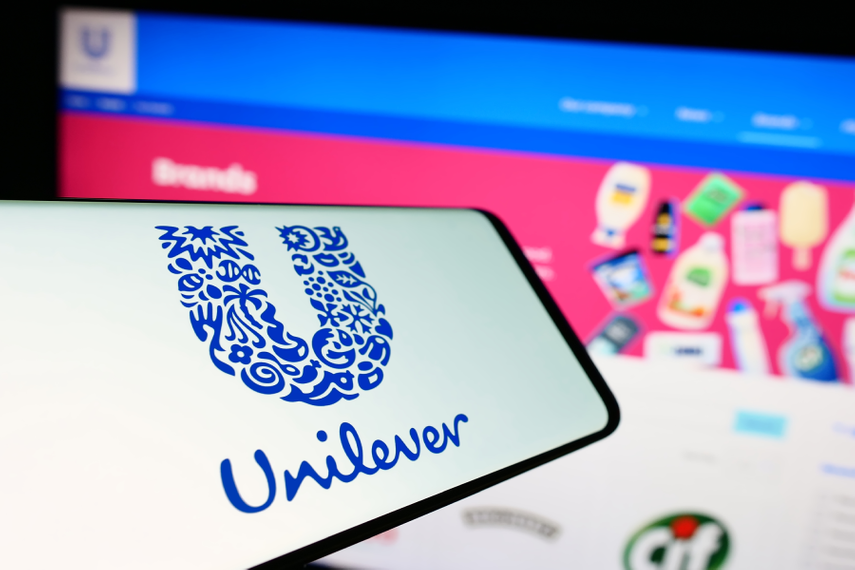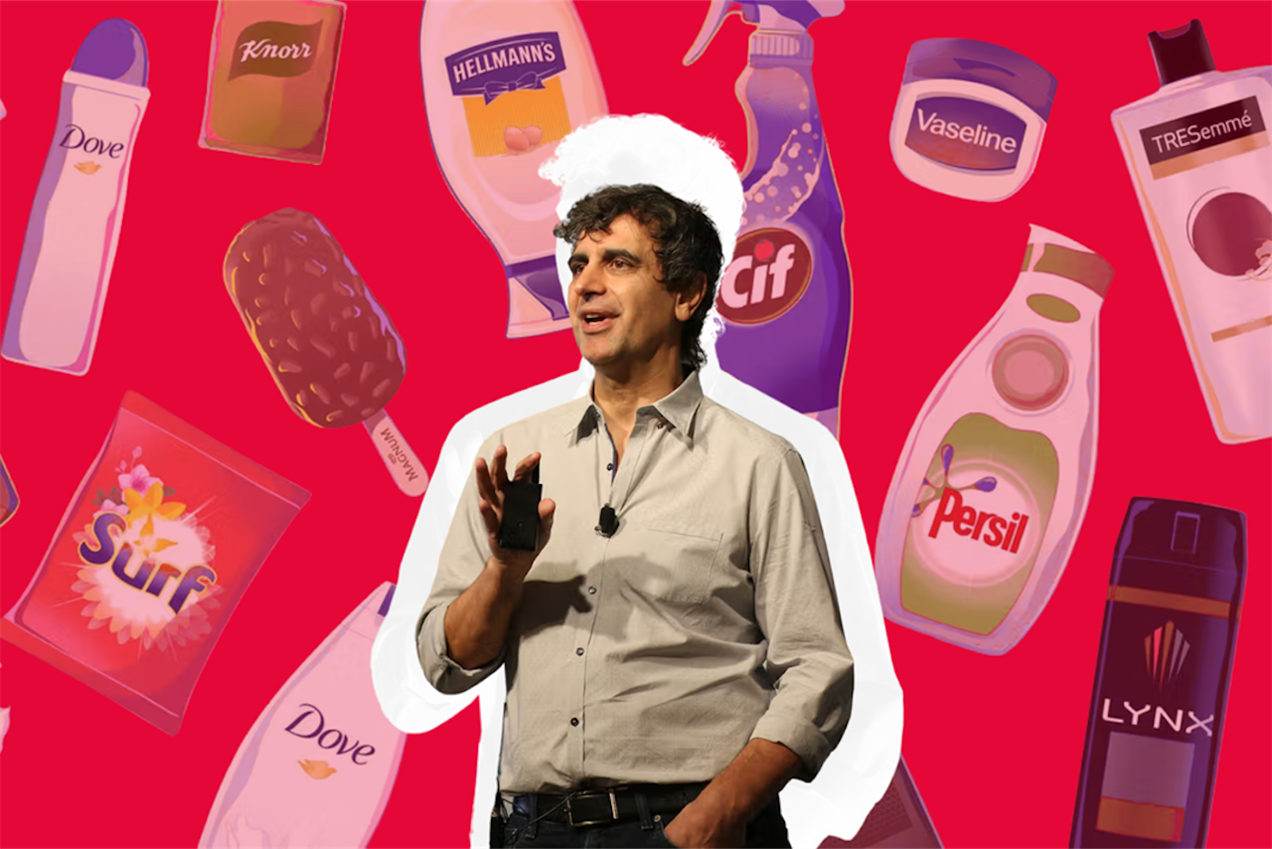Last week, when Unilever launched Act 2 Unstereotype—the next phase of its initiative launched in 2016 to tackle stereotypical portrayals of gender in advertising—the company revealed that 98% of its own ads were now "unstereotyped".
But according to Aline Santos, Unilever's chief brand officer and chief equity, diversity and inclusion officer, the wider marketing world has a way to go to catch up.
Speaking to Campaign, Santos said: “What I mean by unstereotypical is first of all, it is not an internal judgment, it is an external judgment from consumers judging our advertising, all the advertising that we pretest. We ask consumers if the characters that we are putting on the advertising are coherent with the society that we live [in]—if they are progressive, if they are inspiring—and sometimes consumers say yes this is the case, and a few times they say, no, it's not the case.”
But despite Unilever's high success rate in achieving its objectives on this issue, she pointed out: “We are a big, big company with 400 brands, but we are not the market. The market is still very backwards in terms of how to represent people, so this is a journey that I think is going to take time.”
Santos spoke to Campaign after she used a session at Cannes Lions Live, alongside her colleague, chief digital and marketing officer Conny Braams, to outline a new, triple-pronged approach to marketing that the FMCG giant plans to follow. “
Let’s get real… most people don’t give a damn about brands and advertising,” Santos said at the session. “Many don’t see themselves even represented in the ads.”
Marketers, she said, needed to “get three things right” to effectively engage consumers.
“First, get real. Using a combination of data and empathy, we need to be closer to the gritty reality of our world and solve real problems for real people.
“Second, do good. We need to be a force for good in the world. Use the power of brands to spur real, positive change for society and the environment.
“Third, be unmissable. We need to ensure our brands are first to mind, and first to find, which means we need to champion creativity and accessibility.”
On the second mantra to “do good”, broadly, Santos said the business wanted to have a positive impact on societal problems.
She told Campaign: “Look at all the problems that we are facing now. We are in an economic crisis, we are in a health crisis, we are in a mother of all equality crises. And if we expect governments and NGOs to solve those problems, we are going to be waiting for the rest of our lives and nothing's going to happen. So, instead, the private sector steps in. We have brands that have the power to really move the needle; when we do advertising we can shape culture, have a beautiful vision of the future.
“Imagine if Unilever used the 400 brands that we have and the 2.5 billion people that use our products every day to solve issues of society, to paint a vision of the future that is more progressive and more positive. With this philosophy, we are not only bringing the focus on consumers more than ever, but we are bringing back the focus on people in their entire lives.”
Santos said Unilever was also focused on choosing partners that are aligned with its values throughout the chain of advertising, including production houses and agencies.
“We are choosing channels that are also committed to make a better society, a better world,” she said. “We are using partners that are also on the same page as us, in terms of trying to use business for good.”
When it comes to being “unmissable”, that means doing marketing in way “that has creativity up to the roof, that means people will absolutely see you, be it on TV or digital or the point of sale”, she added.




